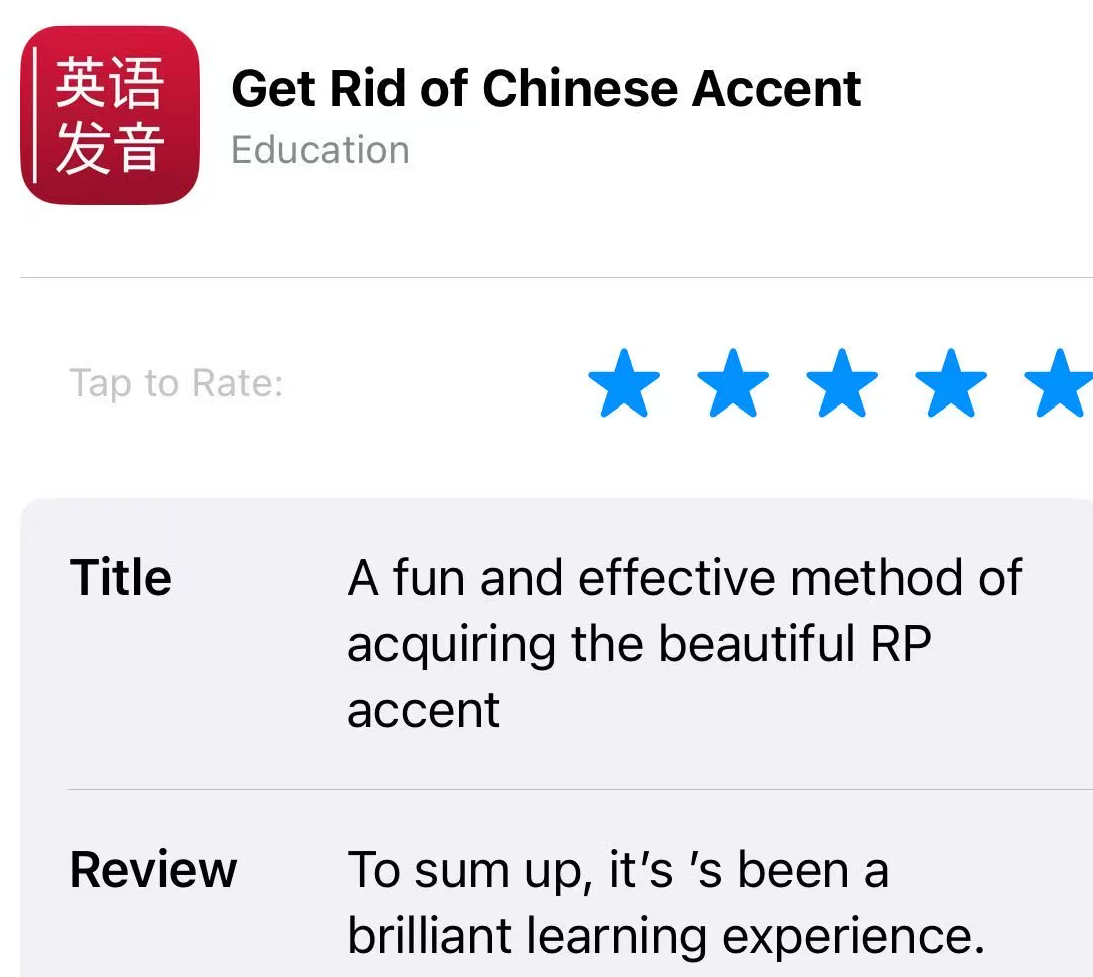We’ve worked with ambassadors, business leaders, and top-level professionals through our elocution courses. Our work has helped them not only eliminate bad speech habits but also develop the language of power and leadership.
This article is based on the insights and methods we’ve used to support their transformation.
Avoiding Fillers
Filler words - "um, ah, like, you know, basically" - creep in when we speak without intention. They weaken your message, distract your audience, and make even strong ideas sound uncertain.
The solution is simple: slow down and pause. A pause is more powerful than any filler. It gives you space to think and gives your audience space to absorb your message. Confident speakers use silence as a tool.
Choosing Strong Words
Leaders choose words that are precise, vivid, and purposeful. Instead of vague language, they use words that clarify, energise, and strengthen their message.
Compare:
“I think this might work…” vs. “This approach will give us stronger results.”
“Maybe we should try…” vs. “Let’s do this.”
Strong words communicate leadership, conviction, and direction. They shape how others perceive you.
Speaking with Certainty
Uncertain language creates uncertain audiences. Words such as "might, maybe, probably, sort of, perhaps, etc." dilute your authority. While there is a time for caution, habitual uncertainty can undermine your credibility.
To sound more certain:
Make definitive statements
Replace vagueness with clarity
Speak with intention, not hesitation
Certainty is persuasive because it signals confidence in your message.
Simple Language vs. Unnecessary Complexity
True intelligence lies in simplicity. Leaders can explain profound ideas in clear, accessible language. Overly complex or academic phrasing can alienate audiences and make your message harder to absorb. Simple language is not “dumbing down.” It is refining—expressing the essence of an idea without clutter.
When your message is simple, your audience remembers it.
Avoiding Repetition
Repetition can be useful for emphasis, but unintentional repetition weakens your impact. When you repeat the same words or phrases excessively, your message becomes dull and loses authority.
A strong communicator:
uses synonyms and varied phrasing
eliminates redundancy
keeps the language fresh and dynamic
Variation keeps your audience attentive and your message persuasive.
Exercises for the Language of Leadership
These exercises we offer as homework after our elocution lessons:
Record your speech for 1-2 minutes. Choose any topic you can talk about comfortably.
Listen back and note every filler word. Write down the words or sounds you use: um, ah, like, you know, basically, etc.
Record a second version—this time replacing fillers with pauses. Focus on slowing down and using silence intentionally.
Listen again and identify any convoluted or uncertain language. Notice words like maybe, sort of, might, probably, or unnecessarily complicated phrasing. Rewrite these moments using clearer, stronger, and simpler language.
Record a final, polished version. Compare it with your first recording and observe how clarity, confidence, and simplicity transform your delivery.
More resources on www.batcsglobal.com
Olga Smith

